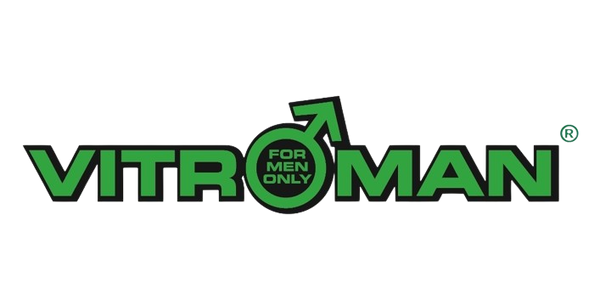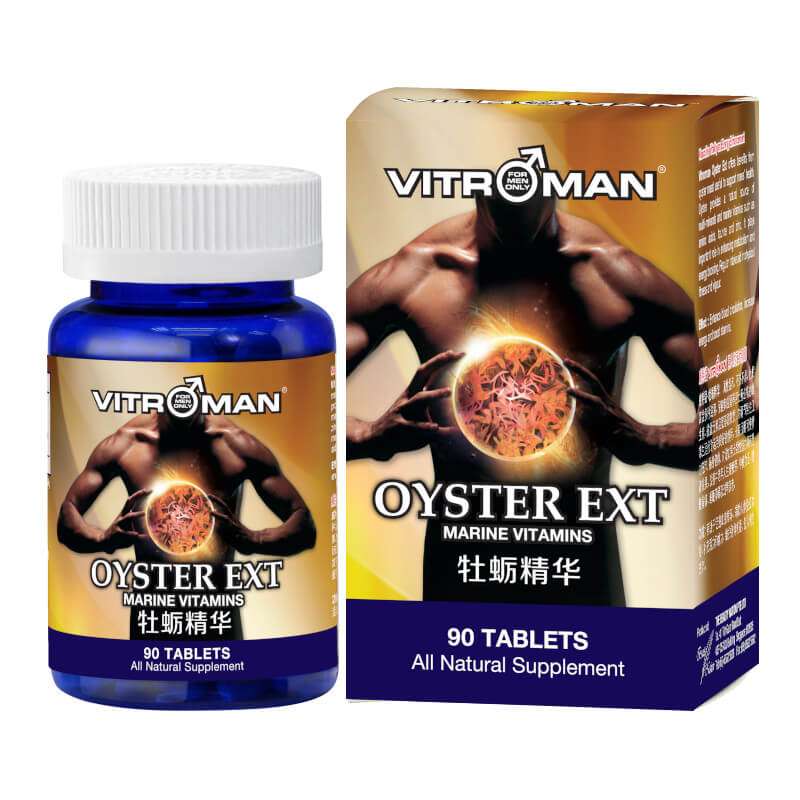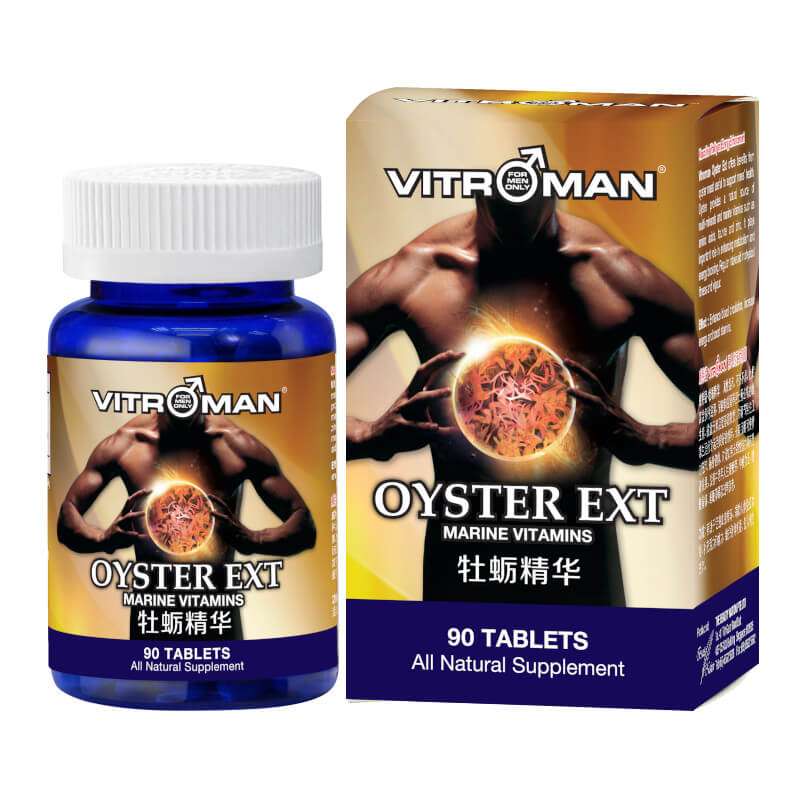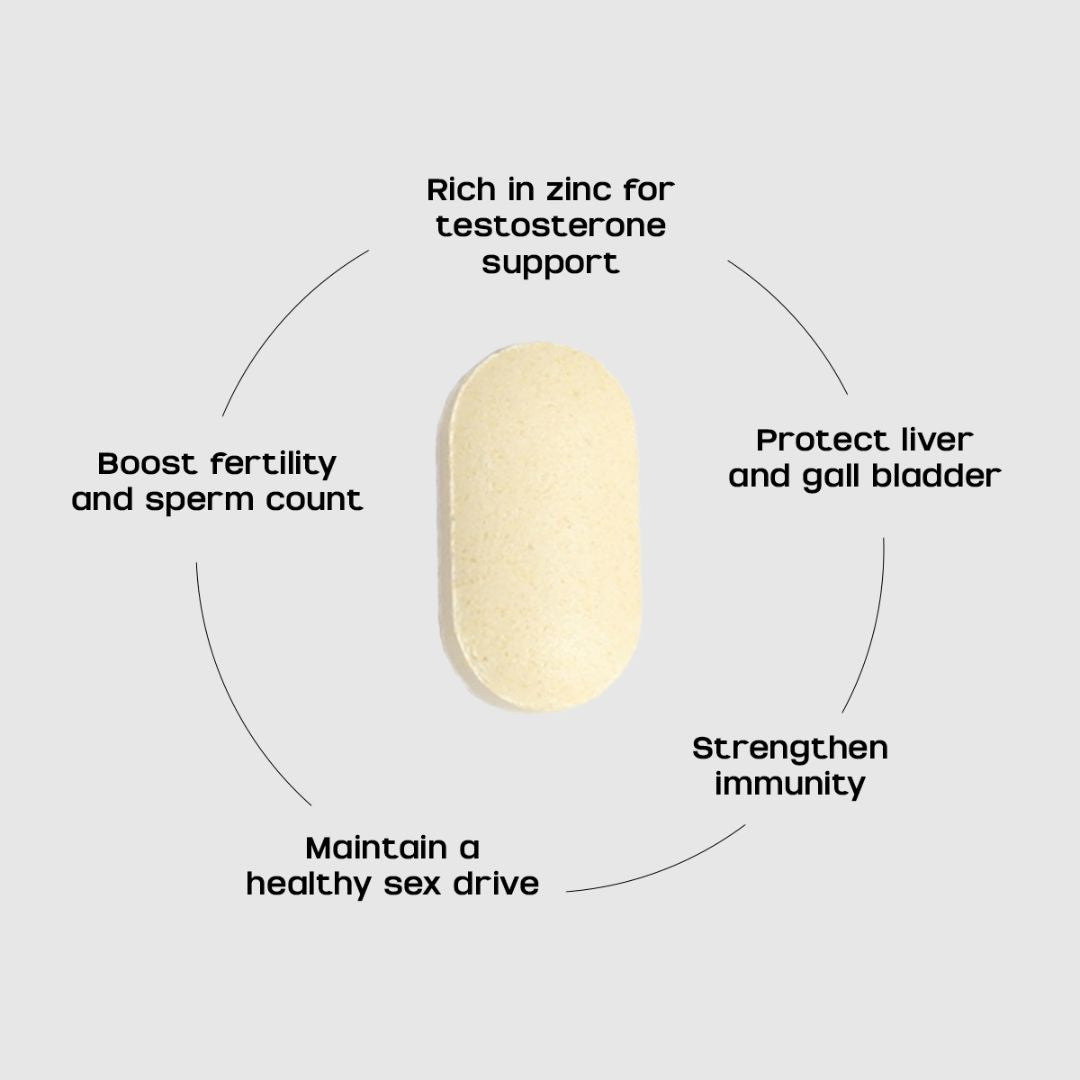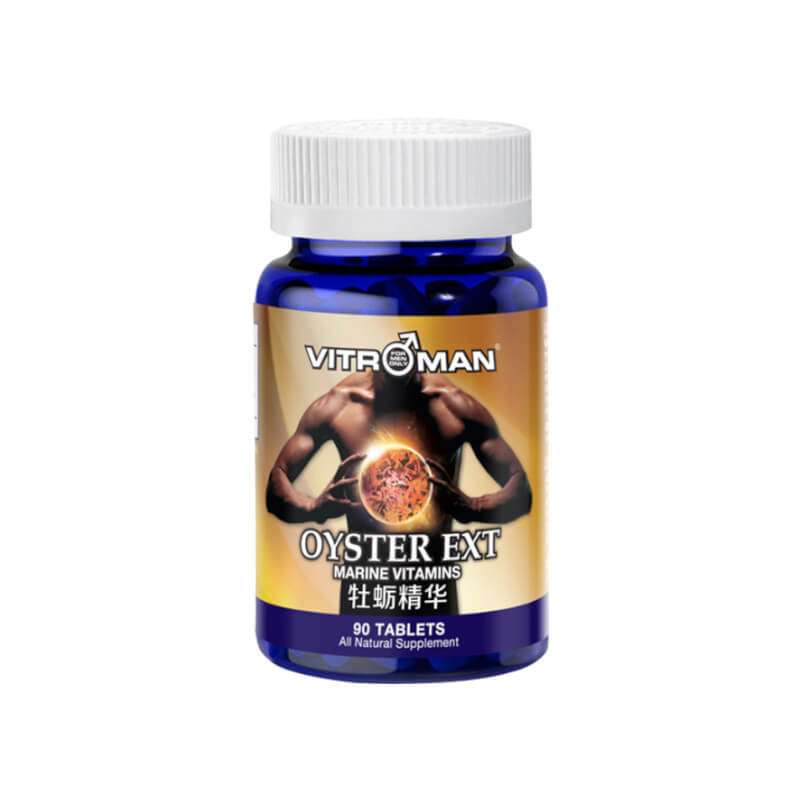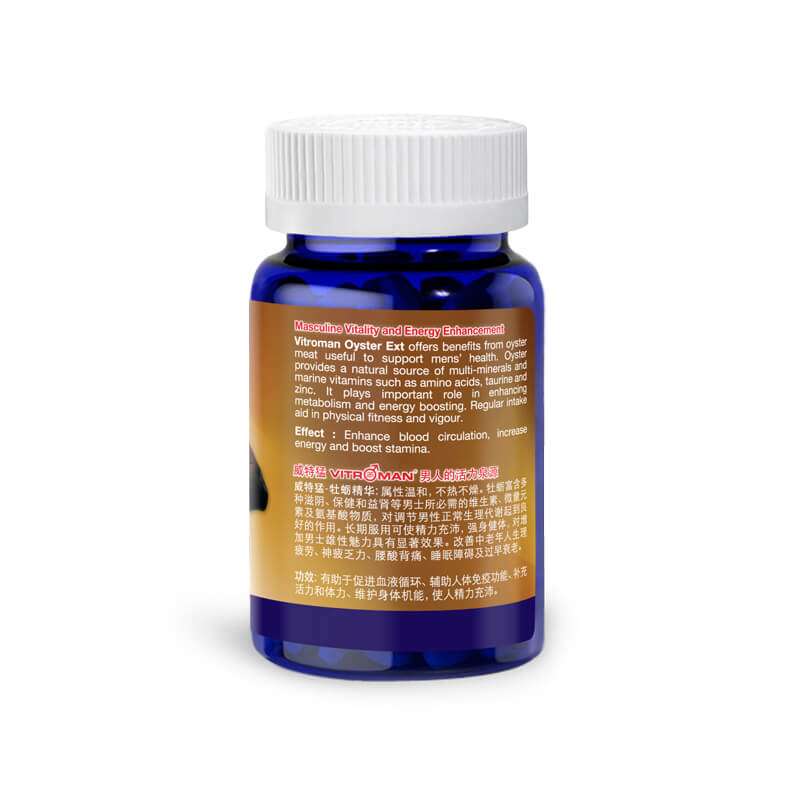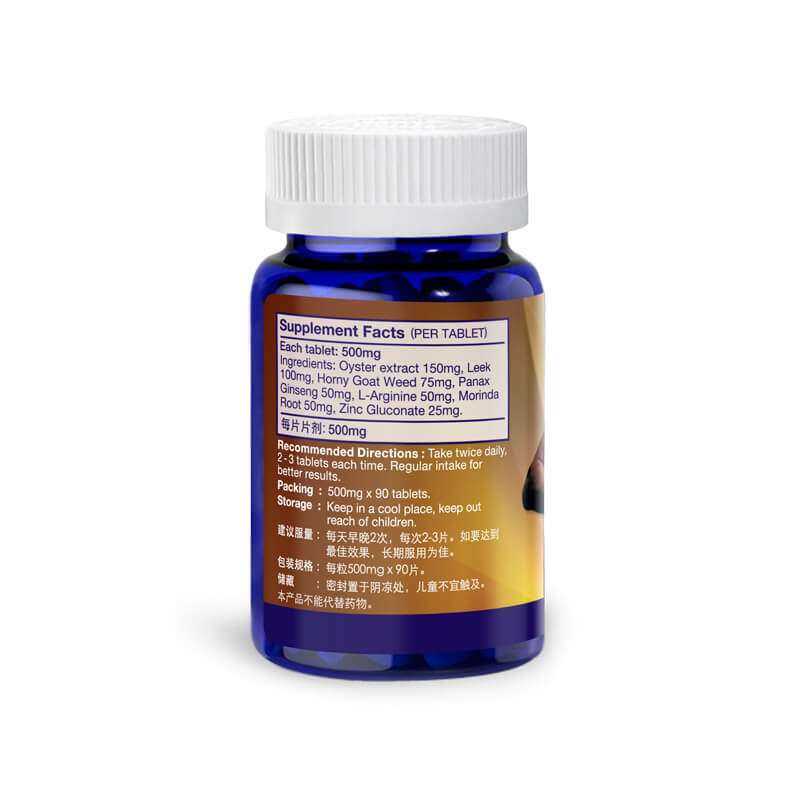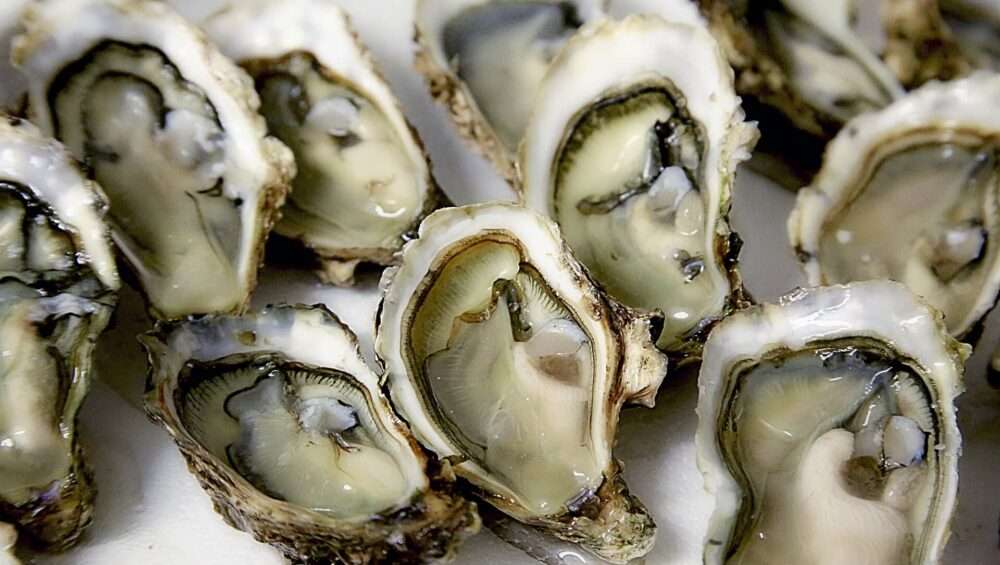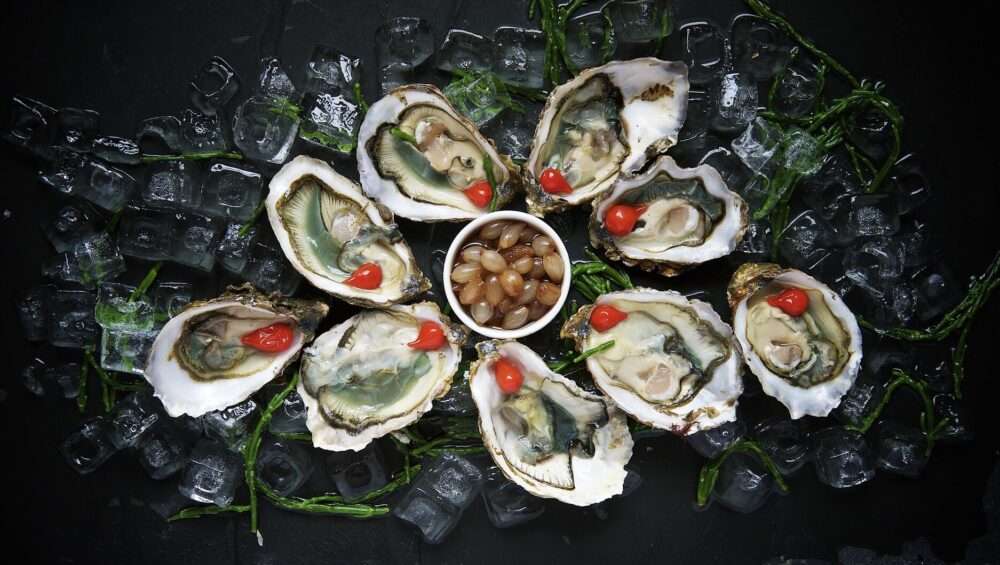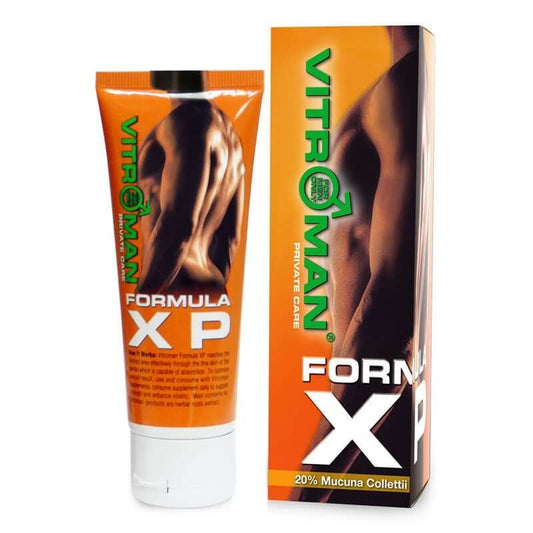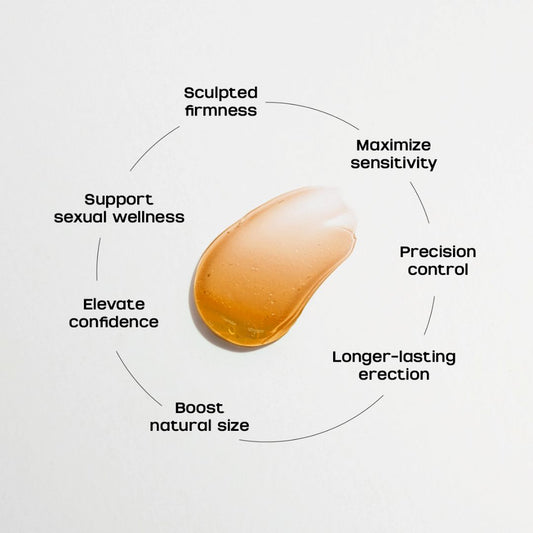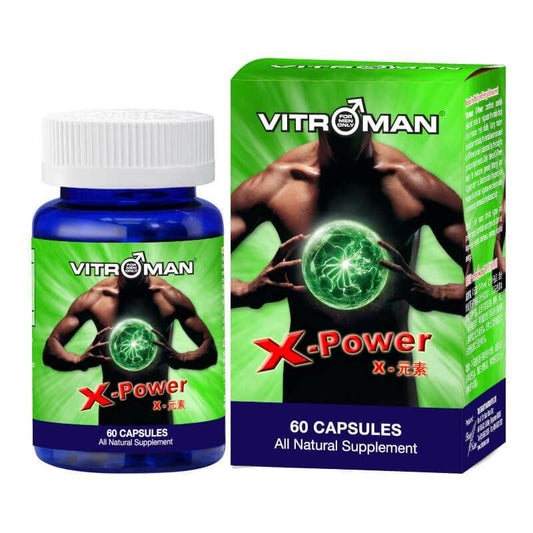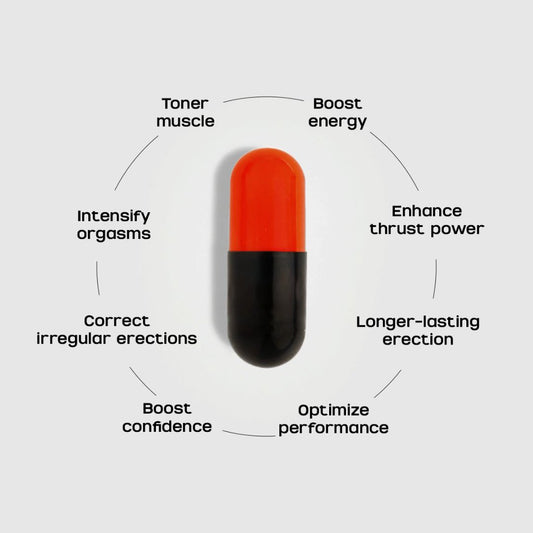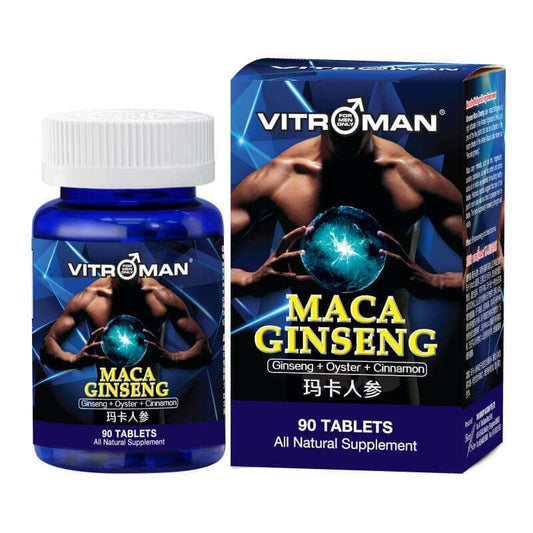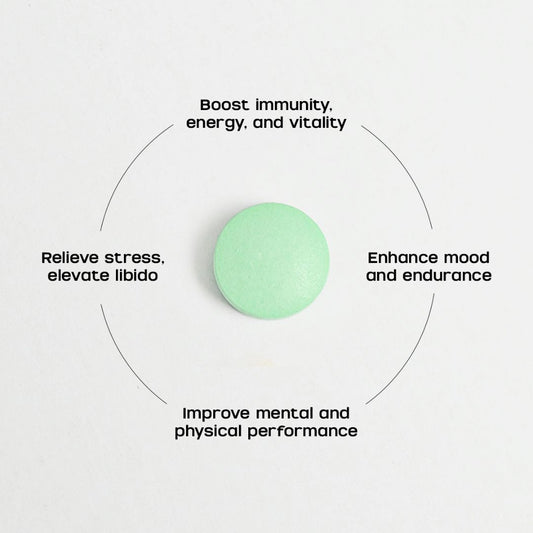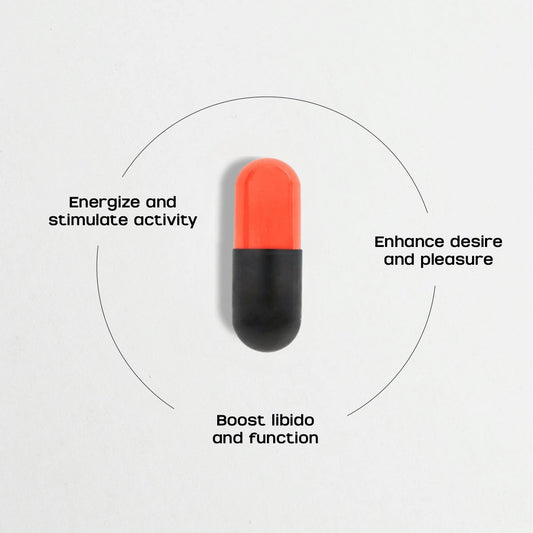
Benefits of Zinc for Men
Share
When it comes to men's health, zinc is a crucial mineral that often goes overlooked. Zinc plays a vital role in various bodily functions and can have a significant impact on men's overall well-being. Let's explore the benefits of zinc for men and why it's essential to ensure an adequate intake of this essential mineral.
What is Zinc?
Zinc is a trace mineral that is necessary for the body to function properly. It is found in cells throughout the body and is involved in numerous biochemical processes. Zinc supports the immune system, aids in cell division, and helps in wound healing.
What Does Zinc Do for the Body?
Zinc is a powerhouse mineral with a wide range of benefits:
- Immune System Support: Zinc is vital for maintaining a robust immune system. It helps in the production of immune cells and has been shown to reduce the duration of colds.
- Cell Growth and Division: Zinc is essential for DNA synthesis and cell division, making it crucial for growth and development.
- Wound Healing: Zinc plays a significant role in wound healing and skin health.
- Protein and DNA Synthesis: Zinc is necessary for the synthesis of proteins and DNA, the building blocks of our bodies.
- Hormone Regulation: Zinc influences hormone production, including testosterone, which is particularly important for men.
What is Zinc Good For?
Zinc has several specific benefits for men:
- Prostate Health: Zinc is critical for prostate health. It has been shown to reduce the risk of prostate enlargement and cancer.
- Sexual Health: Adequate zinc levels are essential for testosterone production, which can impact libido and sexual function.
- Muscle Growth and Recovery: Zinc aids in protein synthesis and muscle repair, making it beneficial for those involved in physical training.
- Mood and Cognitive Function: Zinc deficiency has been linked to mood disorders and cognitive impairment. Adequate zinc levels can improve mood and mental clarity.
How Much Zinc Per Day?
The recommended daily allowance (RDA) for zinc varies by age and gender. For men, the RDA is typically around 11 mg per day. However, factors such as diet, lifestyle, and overall health can affect this requirement.
Is 50mg Zinc Too Much?
While zinc is crucial for health, it's important not to overdo it. The upper limit for zinc intake is set at 40 mg per day for adults. Consuming 50 mg of zinc per day over an extended period can lead to adverse effects such as nausea, vomiting, loss of appetite, stomach cramps, diarrhea, and headaches. Chronic high intake can also interfere with the absorption of other essential minerals like copper.
What Foods Have Zinc?
Incorporating zinc-rich foods into your diet is the best way to maintain adequate levels of this mineral. Foods high in zinc include:
- Meat: Beef, pork, and lamb are excellent sources of zinc.
- Seafood: Oysters, crab, and lobster are particularly high in zinc.
- Poultry: Chicken and turkey also provide a good amount of zinc.
- Dairy Products: Milk, cheese, and yogurt are decent sources of zinc.
- Nuts and Seeds: Pumpkin seeds, sesame seeds, and cashews are plant-based options rich in zinc.
- Legumes: Chickpeas, lentils, and beans can contribute to your zinc intake.
- Whole Grains: Foods like quinoa, oatmeal, and brown rice contain zinc.
- Vegetables: Certain vegetables, like spinach and mushrooms, offer smaller amounts of zinc.
Conclusion
Zinc is an essential mineral with a multitude of benefits, especially for men. It supports immune function, hormone production, muscle growth, and overall health. While it is important to ensure adequate zinc intake, it is equally important not to exceed the recommended daily limits. Incorporating a variety of zinc-rich foods into your diet can help you meet your nutritional needs and enjoy the many benefits this vital mineral has to offer.
By understanding "what zinc does for the body" and "what foods have zinc," men can make informed decisions to improve their health and well-being. If you have concerns about your zinc intake, it's always a good idea to consult with a healthcare professional.
Reference
- Prasad, A. S. (2008). Zinc in human health: effect of zinc on immune cells. Molecular Medicine, 14(5-6), 353-357.
- Hambidge, K. M. (2000). Human zinc deficiency. The Journal of Nutrition, 130(5S Suppl), 1344S-1349S.
- Costello, L. C., & Franklin, R. B. (2006). Zinc is decreased in prostate cancer: an established relationship of prostate cancer! Journal of Biological Inorganic Chemistry, 11(7), 849-861.
- Prasad, A. S., Mantzoros, C. S., Beck, F. W., Hess, J. W., & Brewer, G. J. (1996). Zinc status and serum testosterone levels of healthy adults. Nutrition, 12(5), 344-348.
- Lansdown, A. B., Sampson, B., & Rowe, A. (1999). Sequential changes in trace metal, metallothionein and calmodulin concentrations in healing skin wounds. Journal of Anatomy, 195(Pt 3), 375-386.
- Bhatnagar, S., & Taneja, S. (2001). Zinc and cognitive development. British Journal of Nutrition, 85(S2), S139-S145.
- Institute of Medicine (US) Panel on Micronutrients. (2001). Dietary Reference Intakes for Vitamin A, Vitamin K, Arsenic, Boron, Chromium, Copper, Iodine, Iron, Manganese, Molybdenum, Nickel, Silicon, Vanadium, and Zinc. National Academies Press (US).
- Fosmire, G. J. (1990). Zinc toxicity. The American Journal of Clinical Nutrition, 51(2), 225-227.
- U.S. Department of Agriculture (USDA) FoodData Central. Zinc Content in Foods.
